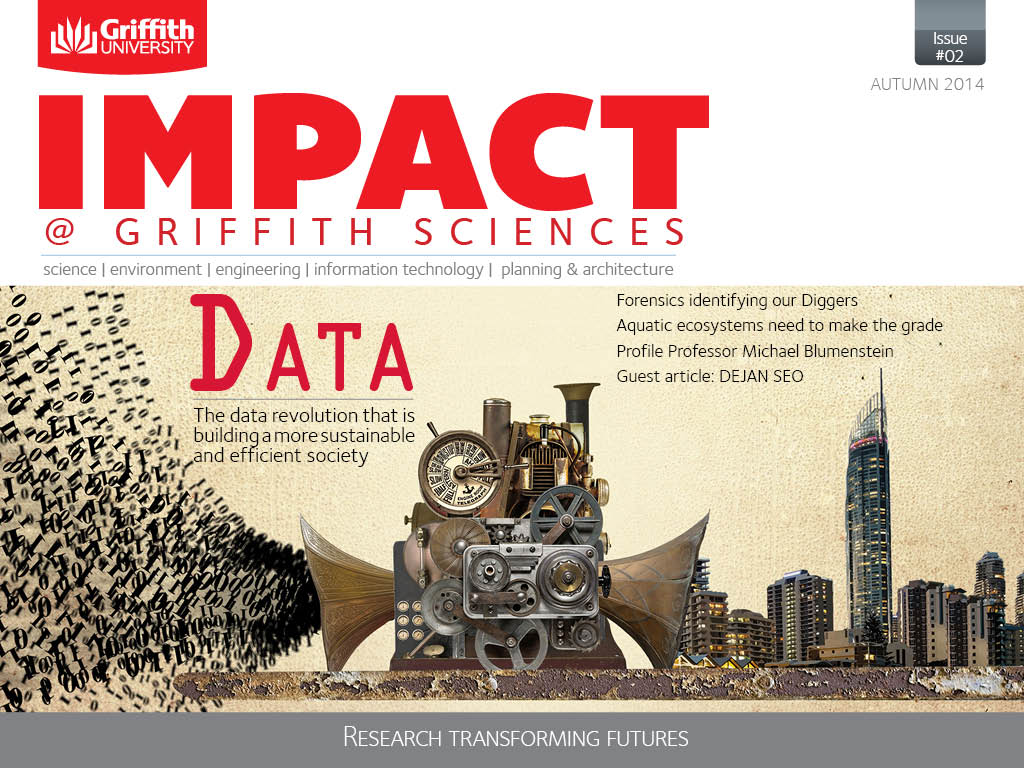Guest lecture from NASA’s Jenn Gustetic
66 million years ago, the dinosaurs had a very, very bad day thanks to an asteroid at least 10 km wide. Since 1998, NASA has led the global effort to find potentially hazardous asteroids, and has successfully found 95 percent of the near-Earth asteroids larger than 1km within the last 15 years.
But the work is not over, and it will take a global effort with innovative solutions through participatory engagement to complete the survey of smaller, but still potentially hazardous asteroids. NASA’s Grand Challenge to “find all asteroid threats to human populations and know what to do about them” will employ open innovation tactics “on steroids”.
NASA has a rich history of using prizes and crowdsourcing to engage more than the usual suspects in solving hard problems. This session will explore how a “new NASA” and open innovation can meaningfully engage people in space, provide funding opportunities to developers, makers & entrepreneurs, and help us solve problems of global importance.
About Jenn Gustetic

Ms. Gustetic is the Prizes and Challenges Program Executive in the Office of the Chief Technologist at NASA Headquarters in Washington DC. In this leadership and strategy role, Ms. Gustetic coordinates the use of challenge-driven open innovation methods, such as prize competitions and crowdsourcing, at NASA.
Ms. Gustetic also leads NASA’s formulation efforts for its Grand Challenges, most recently resulting in the announcement in June 2013 of a new Grand Challenge to “find all asteroid threats to human populations and know what to do about them”. She holds a bachelors degree in aerospace engineering from the University of Florida and a master’s degree in technology policy from the Massachusetts Institute of Technology.
Keep up to date and subscribe to Impact @ Griffith Sciences


